No products in the cart.
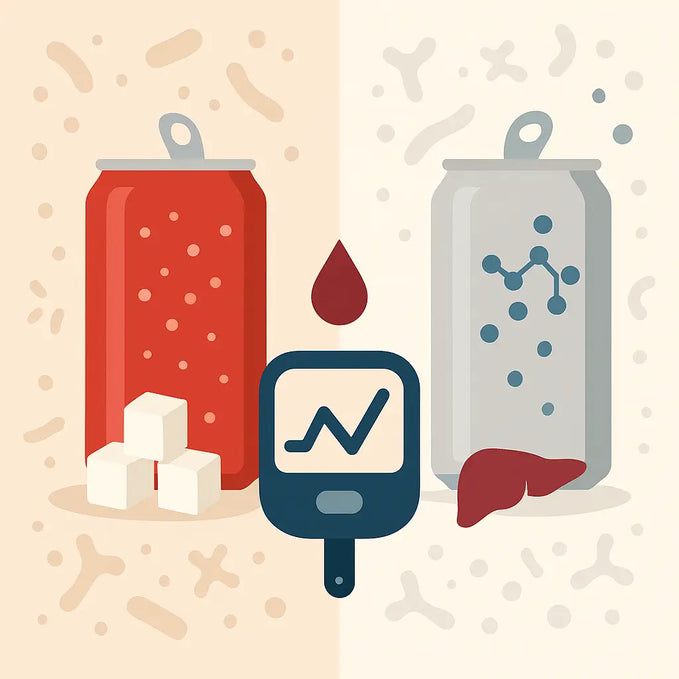
Can Diet Soda Really Raise Your Diabetes Risk? A New Study Says Yes
Posted by: Didrik Sopler, Ph.D., L.Ac.
New Australian study: diet soda may raise type 2 diabetes risk—possibly more than sugary drinks. Discover how artificial sweeteners affect metabolism.

The Link Between Oxidative Stress, Glutathione & Inflammation in Type 2 Diabetes
Posted by: Didrik Sopler, Ph.D., L.Ac.
Discover how oxidative stress, low glutathione, and inflammation fuel type 2 diabetes — and what science says can actually help reverse the damage.

Want Better Blood Sugar Control? Try “Exercise Snacks” Before Meals
Posted by: Didrik Sopler, Ph.D., L.Ac.
Discover how 1-minute 'exercise snacks' before meals can quickly lower blood sugar and insulin resistance—easy, effective, and no gym membership needed!
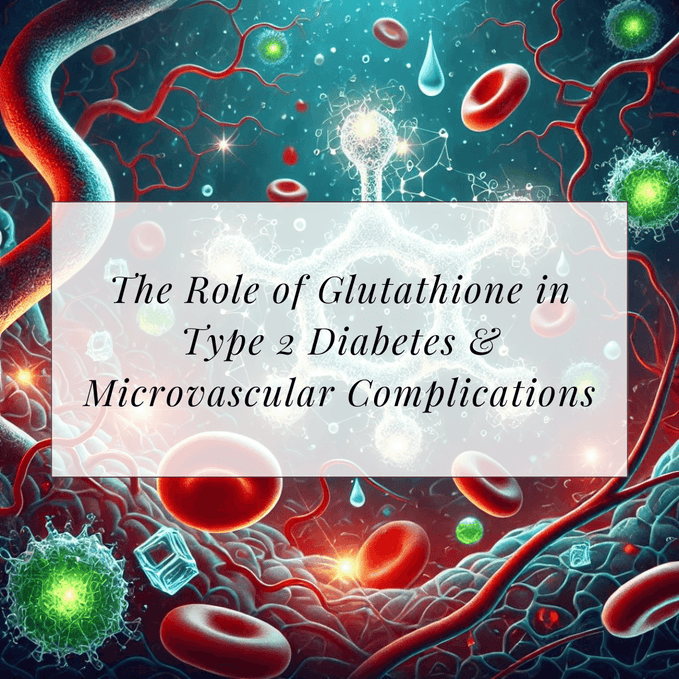
The Role of Glutathione in Type 2 Diabetes & Microvascular Complications
Posted by: Didrik Sopler, Ph.D., L.Ac.
When we think of managing type 2 diabetes (T2DM), the focus is often on blood sugar levels, insulin, and diet. But there's another crucial player that doesn’t get enough attention - glutathione (GSH). In recent research, scientists found that GSH, a powerful antioxidant responsible for detoxifying cells, is significantly depleted...
Read more

Meat and Type 2 Diabetes: The Risk You Didn't See Coming
Posted by: Didrik Sopler, Ph.D., L.Ac.
A massive study shows a strong link between eating red meat, processed meat, and even poultry with a higher risk of type 2 diabetes. With data from almost 2 million people worldwide, this research is a real eye-opener. Find out how even small changes in your diet could help lower your risk of diabetes.
Read more

Research on this plant ingredient has shown impressive results.
Posted by: Didrik Sopler, Ph.D., L.Ac.
Continued research on Berberine
Read more
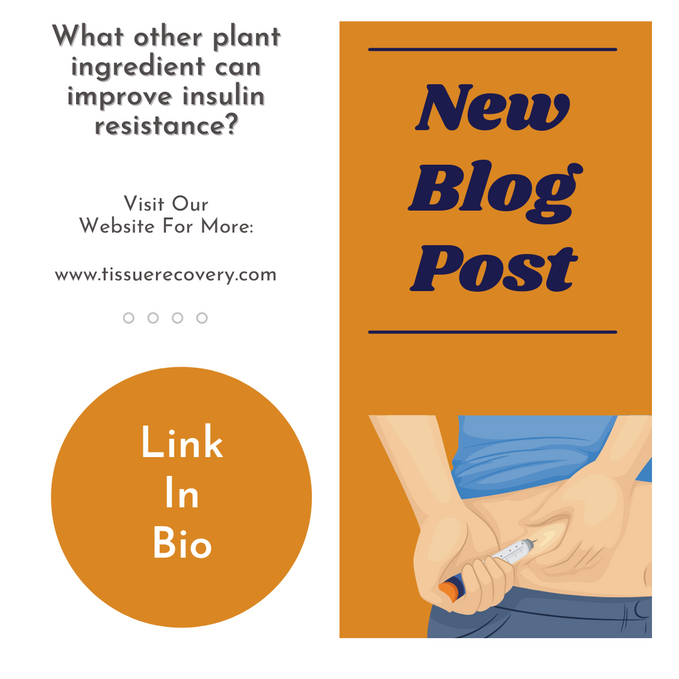
What other plant ingredient can improve insulin resistance?
Posted by: Didrik Sopler, Ph.D., L.Ac.
Insulin resistance is getting more and more common and can lead to type 2 diabetes if nothing is done to interfere. The following research include a systematic review of randomized controlled trials of the efficacy of resveratrol in the treatments of type 2 diabetes (Zhang T, et.al., 2021). 896 patients...
Read more

This was as predictive of risk for death as standard risk factors.
Posted by: Didrik Sopler, Ph.D., L.Ac.
Some of the standard risk factors for death include cholesterol, high blood pressure, diabetes, and smoking. The following research compared standard risk factors with the composition of fatty acids of the red blood cells as risk factors for death (McBurney M, et al., 2021). Analysing the red blood cells...
Read more
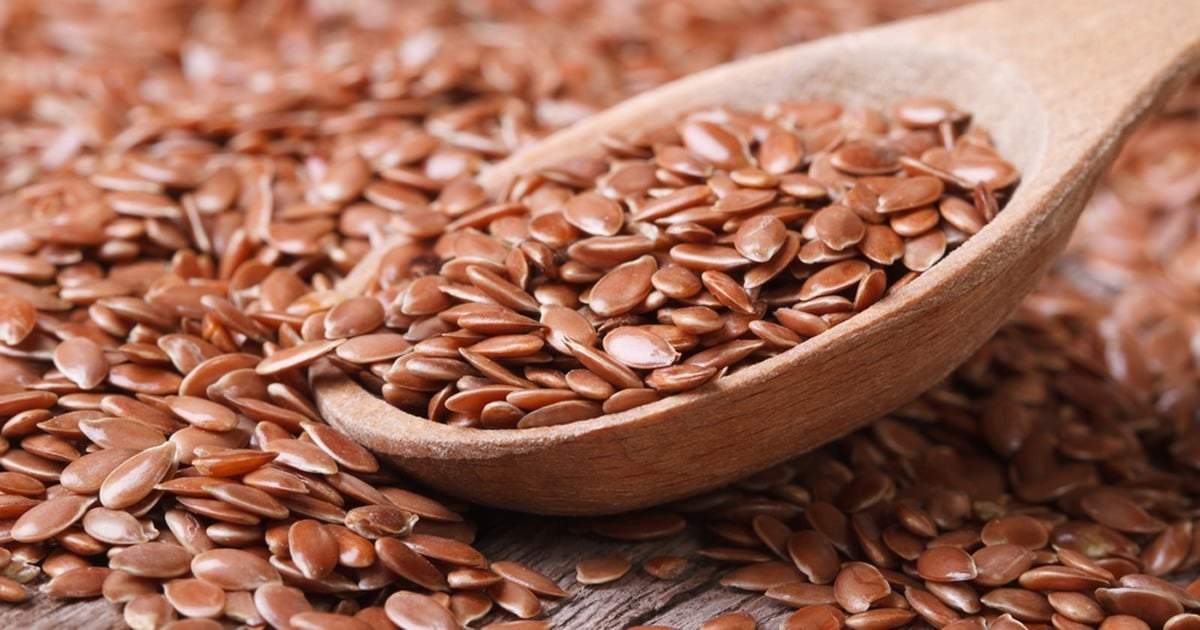
3 Important Benefits of Flax Seeds
Posted by: Didrik Sopler, Ph.D., L.Ac.
One of the impressive health benefits of flax seeds is the ability to decrease blood pressure (Rodriguez-Leyva D, et.al., 2013). In a double-blinded, placebo-controlled study, 30 g of flax seeds daily for 6 months reduced the systolic blood pressure of 10 mm Hg and the diastolic blood pressure with 7...
Read more
Carbohydrates that improve insulin sensitivity
Posted by: Didrik Sopler
All carbohydrates are not the same. Making a few changes will make a big difference. When normal participants in this study ate 50 g of either 8 varieties of dried legumes (beans, lentils) or 24 common foods drawn from grains, cereals and pasta, breakfast cereals, biscuits and tuberous vegetables, this...
Read more
Food that improves insulin sensitivity.
Posted by: Didrik Sopler
You can effectively improve your insulin sensitivity just by avoiding some few things. Last week I covered how saturated fat from animal sources may decrease insulin sensitivity. We need fat. What will happen if we instead ate mono and polyunsaturated fat? That’s the type of fat we get from nuts,...
Read more
Your gastrointestinal bacterias may influence your blood sugar.
Posted by: tissuerecovery Admin
How healthy is green tea?
Posted by: Didrik Sopler
Green tea seems to be one of the best things you can drink for your health. One of the reasons is that it contains a lot of antioxidants. One of the most important things we can do to stay healthy is to be sure we stay insulin sensitive. When we...
Read more
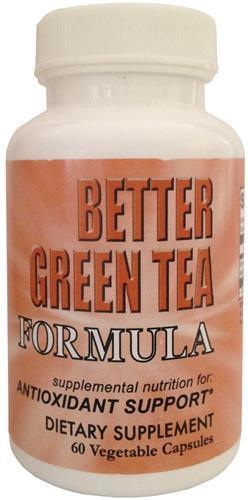
Casual Soda Drinker? Don't go there!
Posted by: Didrik Sopler
Sugar sweetened beverages have been associated with type 2 diabetes, obesity and other health problems. The reviewed research specifically investigated the relationship with sugar intake, sugar sweetened beverages and endometrial cancer(Inoue-Choi M, et al. 2013). The participants were 23,039 postmenopausal women. From 1986 to 2010, 506 cases of estrogen dependent...
Read more
Showing: 1 -16 of 16






